By Peter Kross
One of Franklin D. Roosevelt’s longtime interests was the hidden world of espionage. In the months before the United States entered World War II, the commander-in-chief was dabbling in the covert world of intelligence-gathering, using a number of trusted personal friends as his own private eyes and ears around the globe. The activities of these men were not known to J. Edgar Hoover, the powerful head of the Federal Bureau of Investigation, who viewed any interference in his investigative kingdom to be a personal affront.
FDR And Churchill Begin Their Secret Correspondence
Roosevelt had been interested in covert activities for many years, long before he became president of the United States in 1932. Now that he was head of America’s armed forces, Roosevelt was free to make his decades-long passion a reality. His first official espionage post came in 1913 when the newly elected President Woodrow Wilson appointed him as the Assistant Secretary of the Navy. He was now the second most powerful man in that department, and he meant to make the most of his new-found influence.
It was during this period that FDR began his correspondence with young Winston Churchill, who was the First Lord of the Admiralty under British Prime Minister Neville Chamberlain. This secret correspondence was carried on when Roosevelt became president and after Churchill assumed power in England.
As FDR was about to start his unprecedented third term in the White House in 1941, World War II had been under way for two years. France had fallen to the Germans, and the British were near defeat. When Churchill became prime minister, he initiated secret contact with the president concerning the sharing of intelligence information. Before the war was over, a thousand messages were transmitted between these men.
The Coining Of ‘POTUS’
Churchill’s code-name for Roosevelt was POTUS (President of the United States), and in the years before Pearl Harbor he sent FDR important intercepts of secret German communications decrypted via ULTRA. This vital intelligence traffic was decoded by the British code-breakers located at Bletchley Park, a private estate outside London. Laboring in strict secrecy, these intrepid mathematicians and scientists broke all the German armed services codes.
In order to further cement their covert network, Churchill sent one of his most trusted aides, Bill Stephenson, to be England’s master spy in the United States. Stephenson’s BSC (British Security Coordination) oversaw all British espionage operations in the United States and South America. The president personally gave Churchill permission for Stephenson’s BSC to operate in New York City, across the street from St. Patrick’s Cathedral on Fifth Avenue. Often, the president met Bill Stephenson, code-named Intrepid, in Washington, where he would be brought up to date on current plans and actions.
Cooperative Intelligence Groups
Another link in the British-American covert relationship prior to December 7, 1941, was a joint training base located on the north shore of Lake Ontario, Canada, called Camp X. Here, British, American, and other Allied commandos trained in the art of clandestine warfare. After qualifying, these secret agents were sent on assignment behind German lines in Europe to destroy enemy fortifications and troops.
In 1940 FDR appointed William Donovan, a prominent New York lawyer and World War I hero, to be the head of America’s first organized intelligence unit, the Coordinator of Information, or COI. In July 1940 the president sent Donovan to England to report on the military and political situation. Donovan met with Prime Minister Churchill and other Allied leaders. His trip was significant because from it began a steady flow of secret information, military as well as scientific, between the United States and Great Britain.
In time, the COI became the OSS, the Office of Strategic Services, the U.S.’s first wartime espionage organization, with Bill Donovan at its head. During the war, OSS units operated in every part of the world, with the exception of Latin America and the Far East, staging hit-and-run raids against enemy targets as well as providing real-time intelligence to advancing American armies.
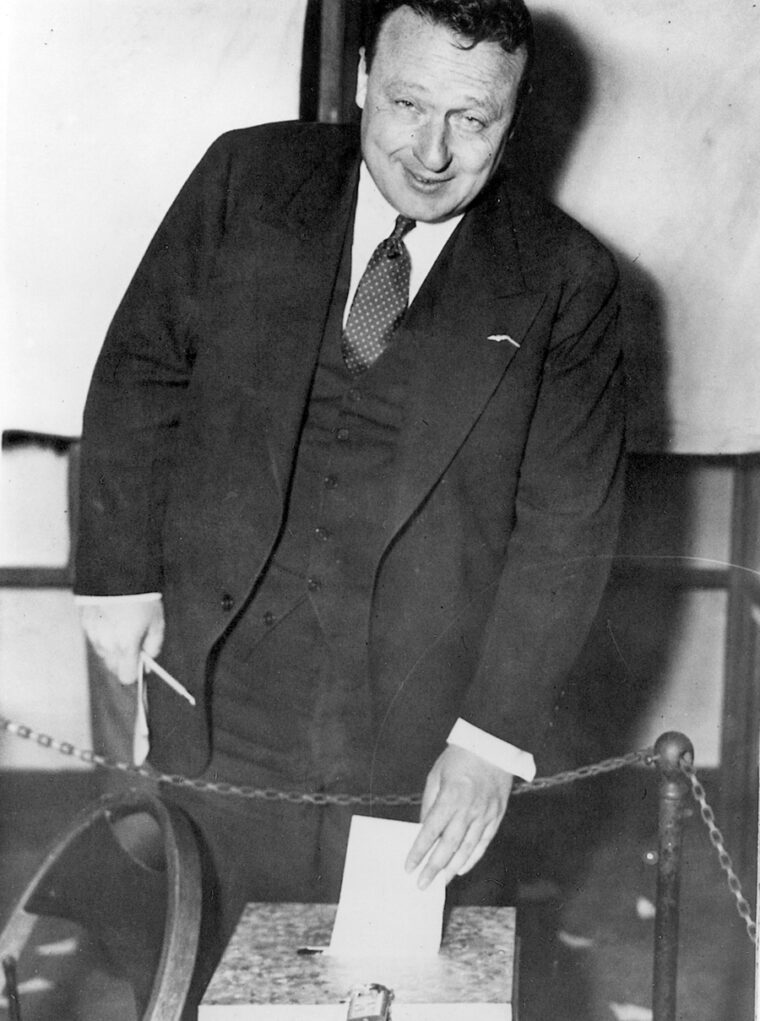
Friends Spying For FDR
Besides Bill Donovan, FDR used other men in the years before Pearl Harbor to act as his personal agents. One of these men was his New York neighbor, Vincent Astor. With the president’s permission, Astor asked a few of his friends to help in the collection of intelligence information during their trips abroad. Among these men were the president’s cousin Kermit Roosevelt, Judge Frank Kernochan, the banker Winthrop Aldrich, and publisher Nelson Doubleday. It was Astor, however, who did most of the intelligence-gathering. These trusted pals of President Roosevelt were called the “ROOM” (later the “CLUB”), and served as his overseas eyes and ears.
Astor’s travels took him to the Marshall Islands on board his luxury yacht the Nourmahal, on which the president was a frequent guest. At one point, Astor sent his onboard sailing partners a lighthearted bill for $187.50 for “Expenses incurred for Alcoholic Stimulation and repeated correctives.” Astor took the Nourmahal on private sailing expeditions to the South Pacific, where he spied on the Japanese military buildup, and also the Caribbean. After returning from his travels, Astor shared whatever information he picked up with both his friend the president and the Office of Naval Intelligence.
Early Version Of Mass Intelligence Gathering
Astor’s most important contribution, as far as intelligence-gathering was concerned, came in his position as managing director of the Western Union Telegraphic Company. He used his considerable influence to monitor all cable traffic sent by German spies in New York to agents in Latin America. Astor’s people also kept a close watch on all frequencies coming from Swiss, Cuban, and Mexican radio stations.
Astor, through his contacts in the New York City banking community, was able to report that the Soviets were using the Amtorg Corporation, their so-called private business trading company, as a conduit for funding Soviet espionage activities in the United States.
His spying activities on the president’s behalf quickly came to the attention of the Office of Naval Intelligence, which passed word along the chain of command that they did not like what the president’s friend was up to. FDR, however, brushed aside the complaints and named Astor as the “Intelligence Coordinator for New York,” thus giving him control over secret operations in the city, as well as its important waterfront, a hotbed of German activity.
Formation Of OSS Curtails Private Spying Initiative
Shortly after World War II began, Astor made clandestine contact with Sir James Paget, director of the British Secret Intelligence Service (SIS), then stationed in New York. In a secret agreement, Paget decided to give Astor and his private espionage network information from British files, bypassing the U.S. State Department. This caused a minor flap, which was eventually corrected. With the creation of the OSS, Astor’s private spying on behalf of the administration was curtailed.
Another of FDR’s spies was Marine Corps Captain Evans Carlson. In 1937, Captain Carlson was sent to the Chinese capital of Peking to study the Chinese language. Roosevelt learned of Carlson’s mission and summoned him to the Oval Office for a confidential chat.
The president knew Carlson from the latter’s service as second-in-command of the Marine contingent at Warm Springs, Ga., the president’s summer White House. FDR asked Carlson to send him ongoing letters on all he saw and learned while in China. Carlson arrived in Shanghai in August 1937 and was immediately thrown into the dramatic battle between the forces of Chiang Kai-shek and the Communists under Mao Tse-Tung.
Japan’s Actions In China Portended Conflict With America
Using his diplomatic cover, Carlson spied on both the Chinese and Japanese who had invaded that country. He traveled to Peking where he observed the Chinese Communist Army and met with Communist officials, including Mao. Reaching the wilds of Inner Mongolia, Carlson observed the Japanese as they tried to assert military control in China. He wrote to President Roosevelt, telling him of his admiration for the bravery of the Chinese troops, and said that Mao told him of his desire for a democratic China once the war was over. Carlson told the president that, in his opinion, America should be wary of Japanese aggression and that he believed armed conflict between the United States and Japan was inevitable.
Upon his return to the United States, Carlson resumed his intelligence duties in San Diego and later wrote a history of the Chinese Army.
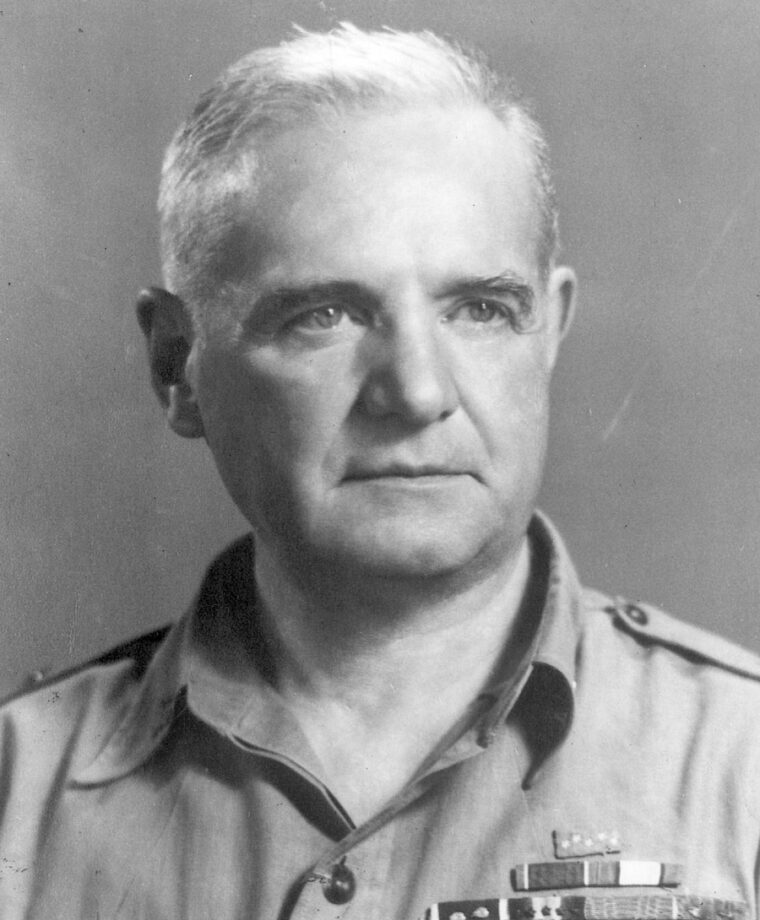
Papa Hemingway Kept Tabs On U-boat Activity
The famous writer Ernest Hemingway was also utilized by FDR as his personal agent. Operating from his home in Cuba, Hemingway organized a private band of friends, whom he dubbed the “Crook Factory,” to conduct espionage operations in the waters off the Cuban coast, looking for German U-boat activity. Hemingway’s activities were watched closely by the American consulate in Havana, reporting back all his travels to FBI director J. Edgar Hoover.
The Crook Factory proved to be more of a fishing and drinking club than a serious espionage operation, and it was soon closed down. At one point, Hemingway saw a U-boat surface, and after his comrades took a few ineffective shots at the submarine, it submerged and was never seen again.
Turkey: An Espionage Hotbed
One of the most active locations for spies during World War II was Istanbul, Turkey, where agents from all sides kept a constant check on one another. One man who was sent into this hotbed of intrigue was George Earle III, a former governor of Pennsylvania, and a man on a special mission directed by his personal friend, the President of the United States. Earle had served previously in the diplomatic corps, having been the U.S. minister to Bulgaria before being reassigned to carry out his secret mission to Turkey.
From 1942, the president had been receiving continuous reports from his intelligence chiefs that certain German officers were plotting to overthrow Adolf Hitler. Roosevelt was interested in this turn of events and wanted someone he trusted to investigate this rumor. He chose Earle to go to Istanbul, link up with these Germans, and report back on what he found.
Amour And False Information Plays Into American Hands
Before Earle could take on his duties, a matter of the heart had to be rectified. He had fallen in love with a beautiful Hungarian girl named Adrienne Molnar, who was then living in Budapest. Earle sent her a telegram asking her to come to Istanbul to be with him. However, Molnar was not allowed to leave Budapest because she did not have a visa. Molnar turned to the husband of a friend, a journalist named Louis Matzhold, who was a reporter for the Berliner Boersen Zietung, an economic journal. What Molnar did not know was that Matzhold was in reality a German agent working for the Abwehr, Hitler’s intelligence agency headed by Admiral Wilhelm Canaris. Matzhold knew the real reason why George Earle was being sent to Istanbul, and he realized that if he played his cards right Adrienne Molnar would be an intelligence bonanza for him.
Matzhold flew to Turkey where he met with Earle, telling him that he was Molnar’s guardian. But what Matzhold did not know was that Earle, too, knew of his secret background; nevertheless, Earle met with the German spy, gave him false information along with tidbits of real intelligence. Earle told his new German friend that the Allies were planning to land troops in 34 locations when the invasion of Europe took place. This, of course, was disinformation, but Matzhold fell for the bait and reported back to the Abwehr.
British and Russian agents working in Istanbul had kept an eye on Matzhold, and had even bugged his room. He mentioned this to Earle, and the American said that for the sake of security they should not meet again.
In time, Molnar was allowed to leave for Turkey where she reunited with Earle. The false information given by Earle to Louis Matzhold fooled the Germans into diverting their troops elsewhere when the Allies invaded Sicily.
Amateur Spies Set The Foundation For CIA
As for Earle, he penetrated the anti-Hitler organizers in Turkey and even met with German Ambassador Franz von Papen, an anti-Hitler leader. In one of the ironies of the war, Matzhold came to Adrienne Molnar, now one of the most courted women in Istanbul, to ask her help in defecting to the Allied cause.
The clandestine efforts of such men as William Astor, Evans Carlson, Ernest Hemingway, William Donovan, and George Earle, before and during the war, were all part of the mammoth espionage establishment then being built by the United States. These amateur spies were the forebears of the modern Central Intelligence Agency.
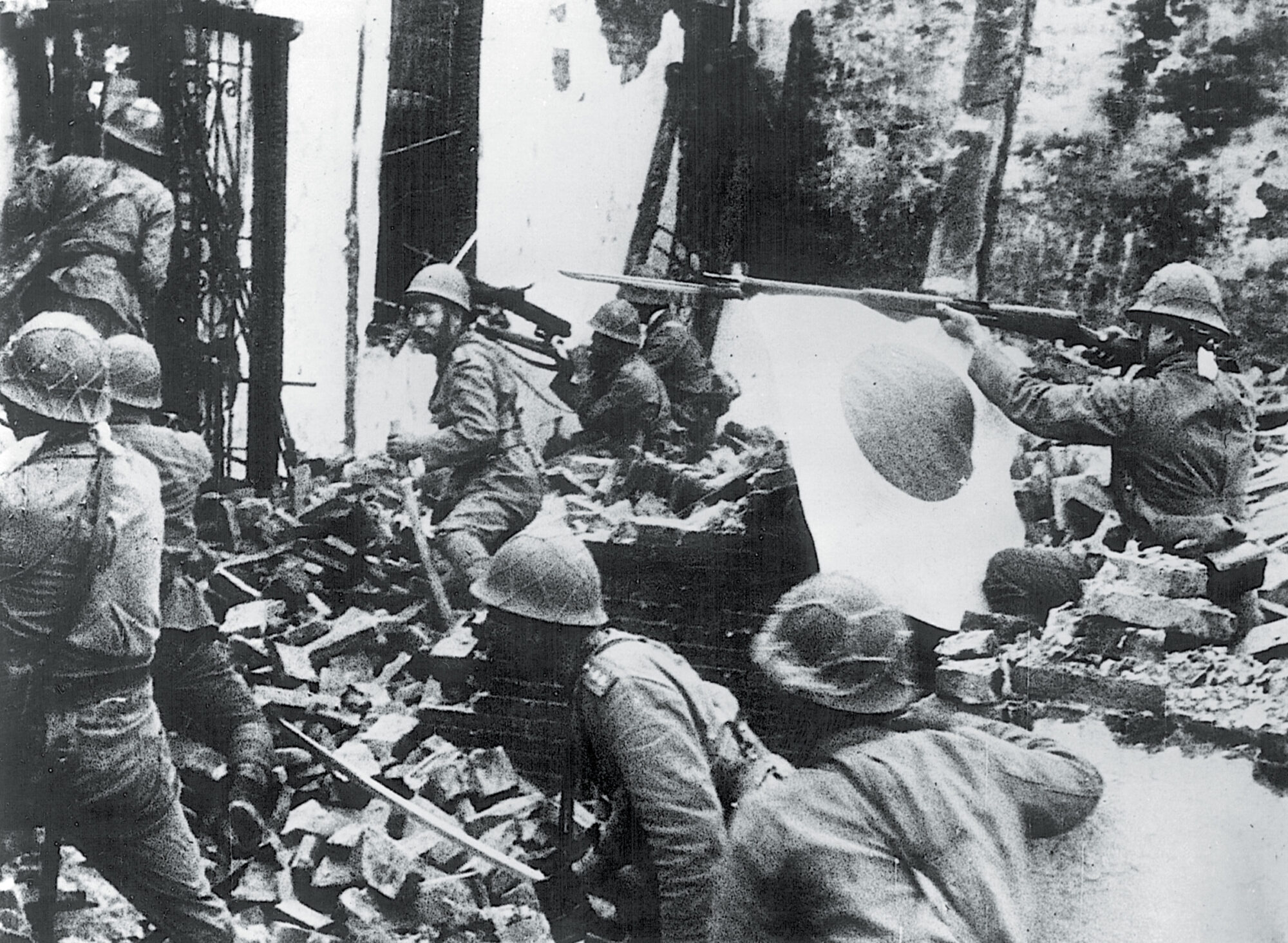
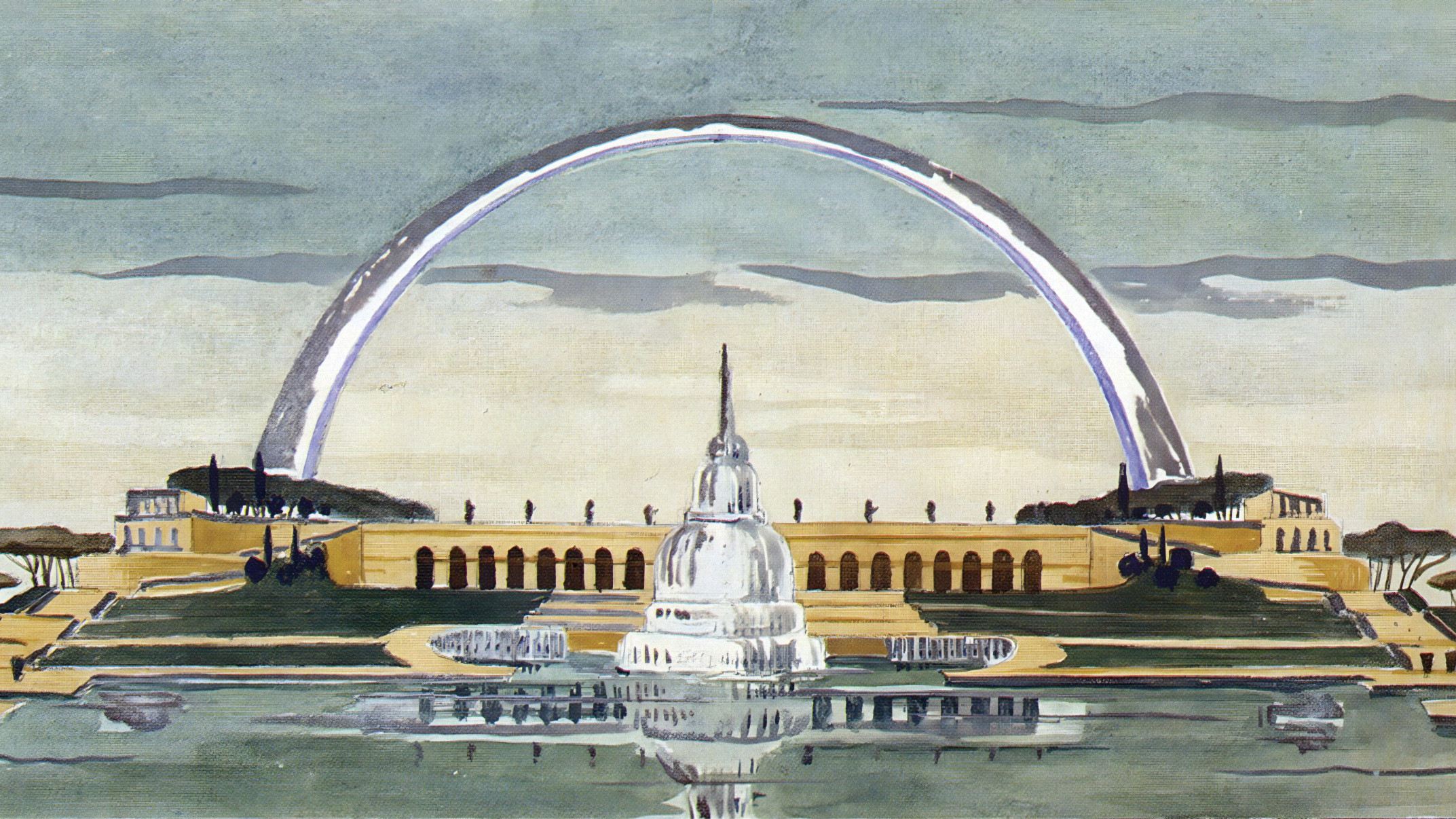
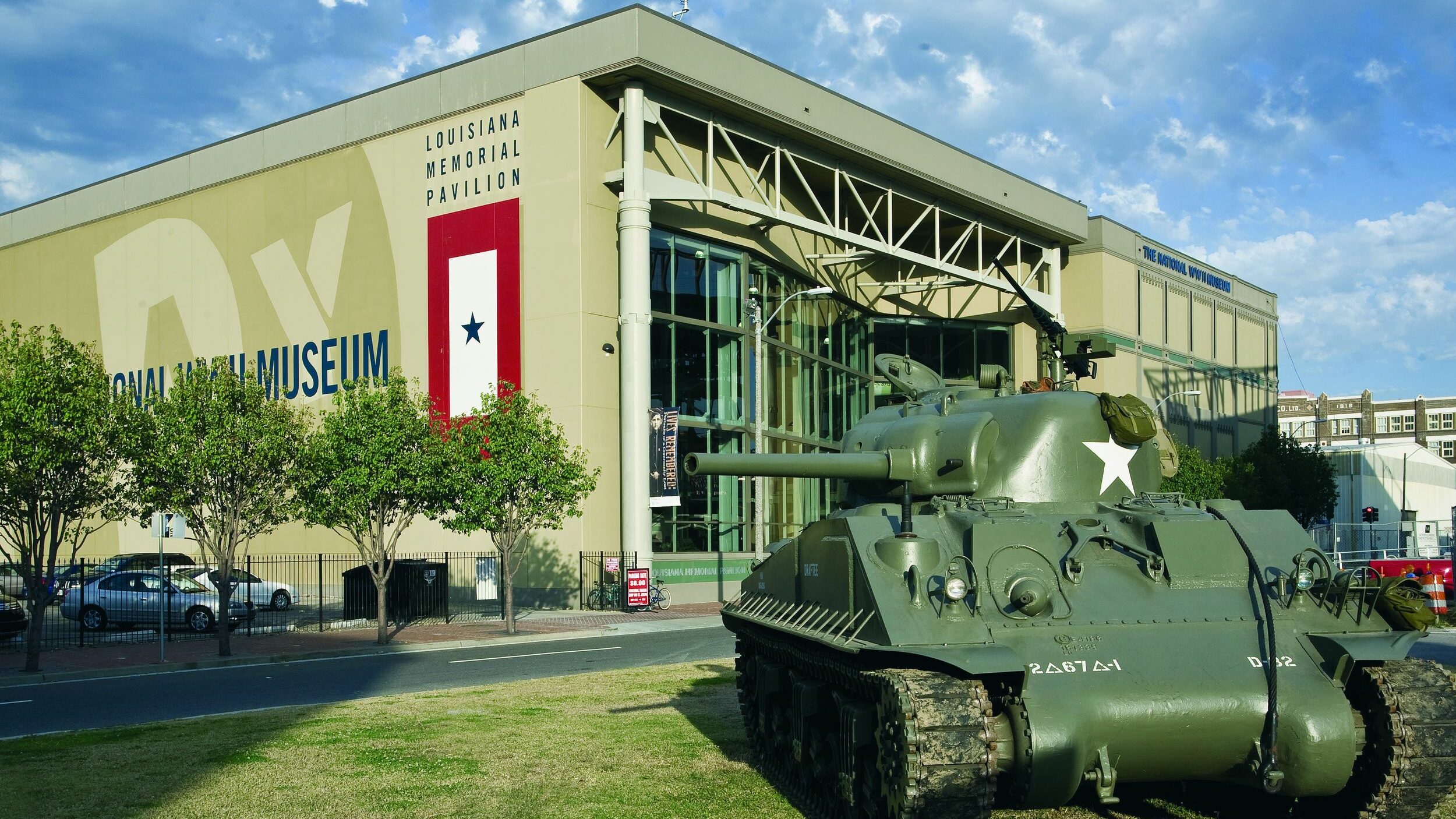
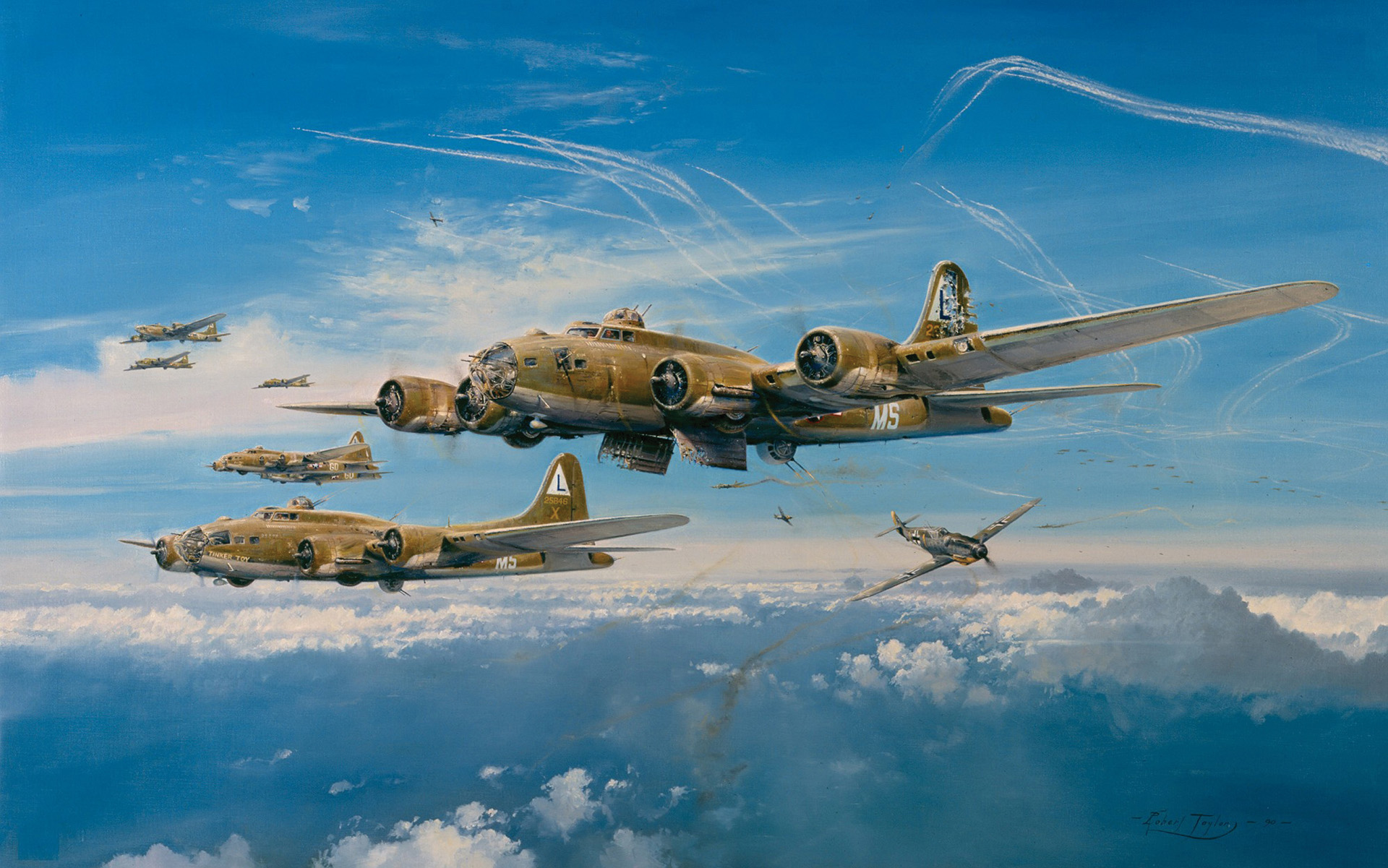
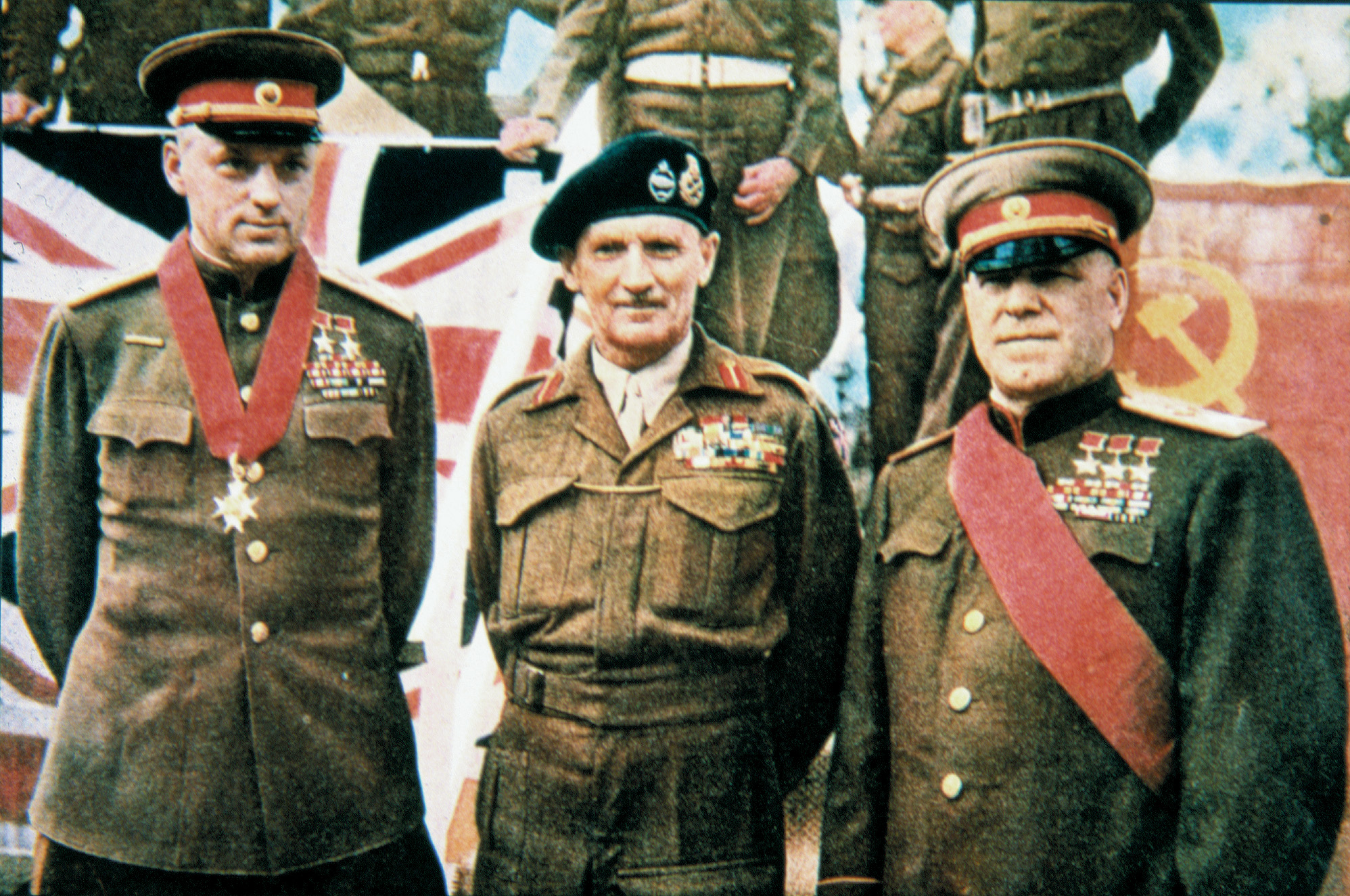
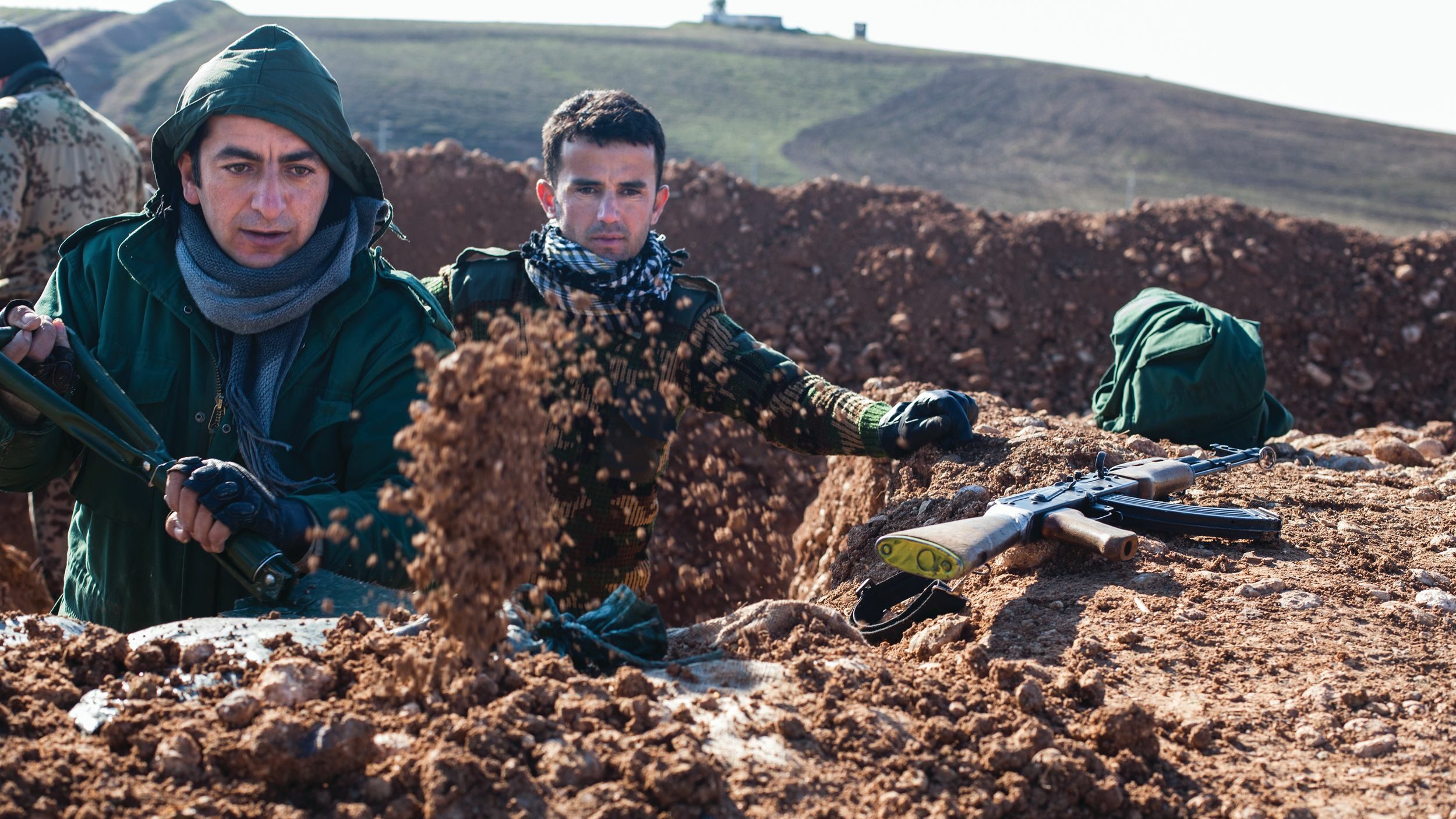
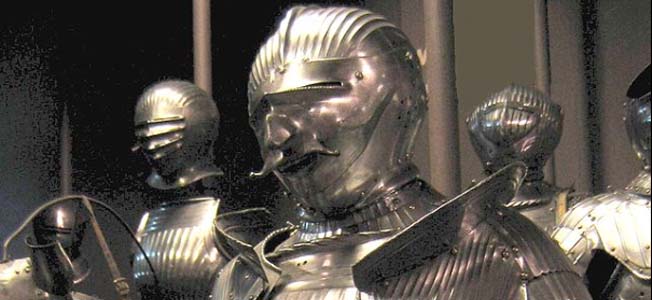
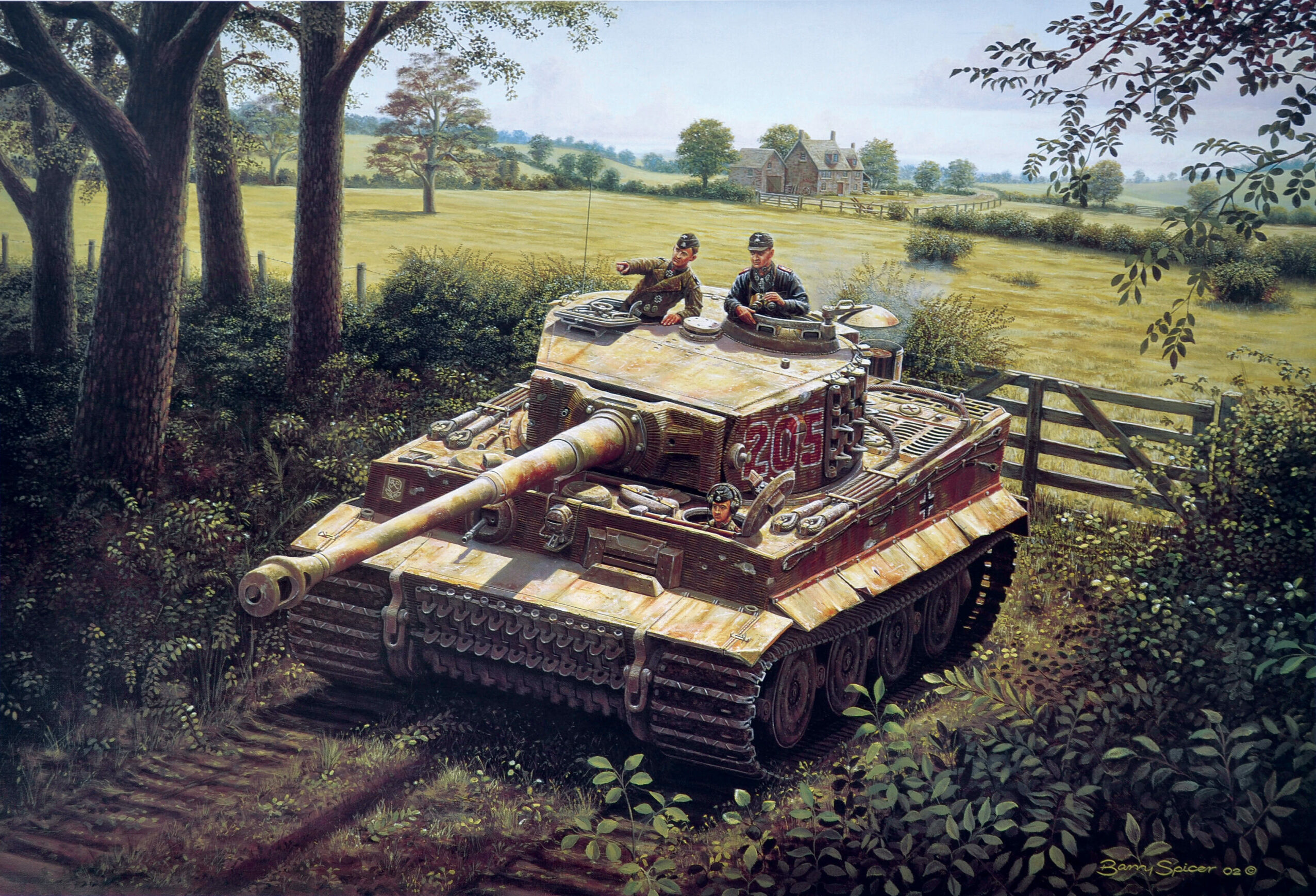
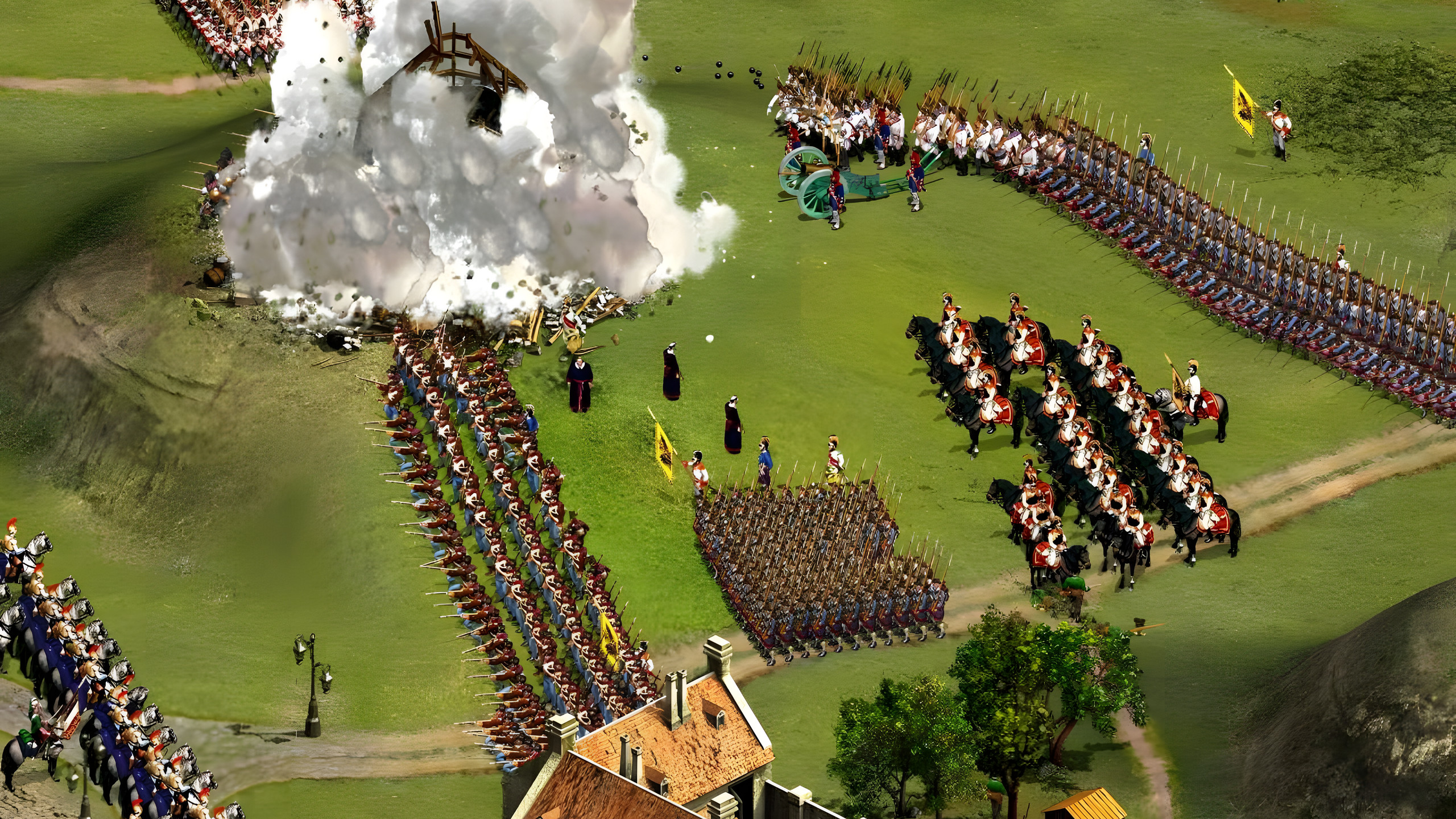
Join The Conversation
Comments
View All Comments